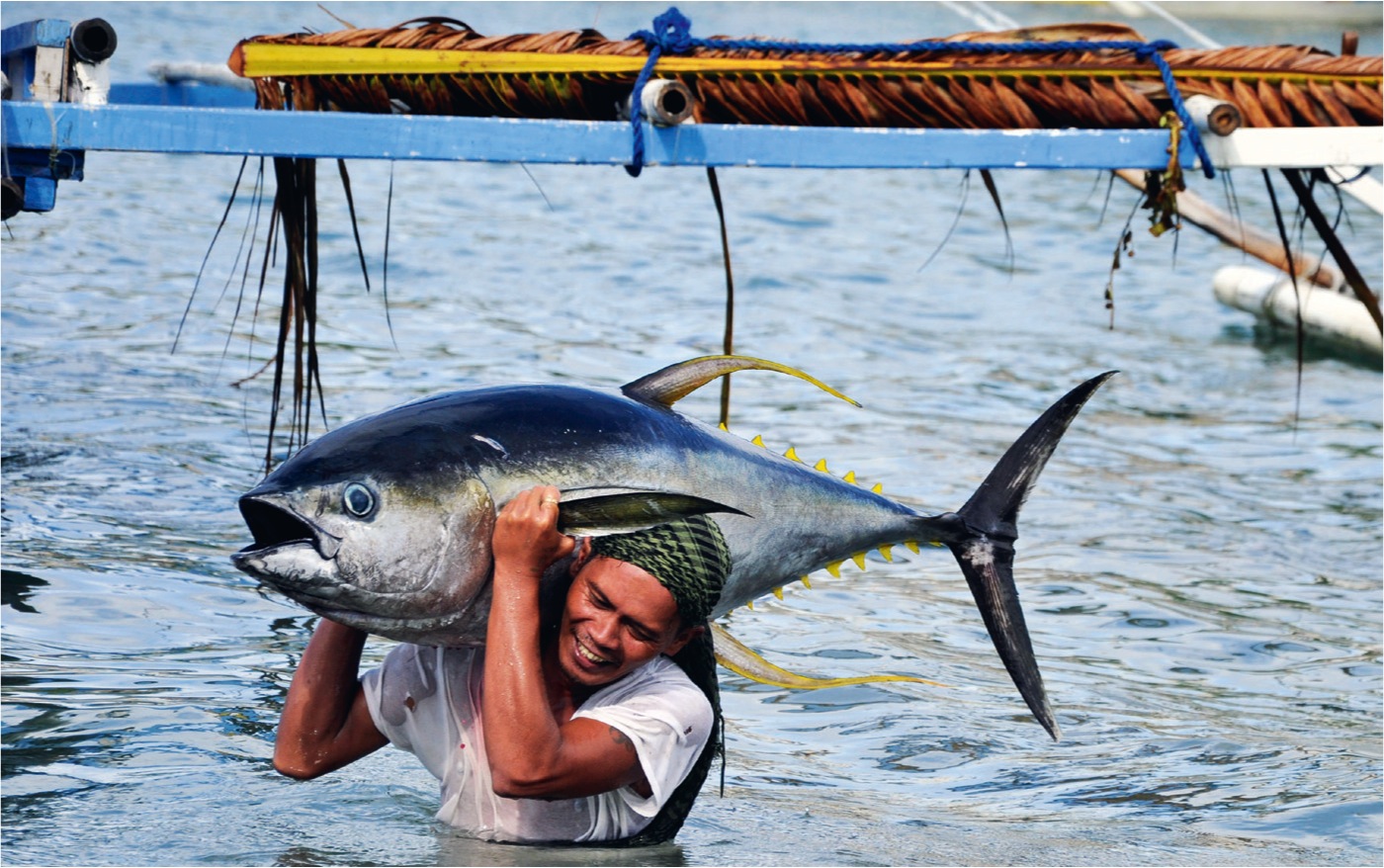


Inouye Asia-Pacific Center for Security Studies. Coast Guard report says an additional fleet of 3,000 ships of the People's Armed Forces Maritime Militia "actively carries out aggressive behavior on the high seas and in sovereign waters of other nations" in pursuit of China's maritime interests.Īn estimate by the Overseas Development Institute, a British research center, puts China's total fleet size at nearly 17,000 vessels when Chinese ships that fly the flags of other nations are included.Ĭhina operates in a gray zone, says Ethan Allen of the Daniel K. It has the world's largest long-distance fishing fleet, which it says it will cap it at 3,000 vessels. Coast Guard and National Oceanic and Atmospheric Administration have cited numerous allegations of illegal fishing by Chinese ships.Ĭhina's ocean footprint is huge. Satellite imagery suggests the fleet is approaching the area again this year.Ĭhina is not alone in its low level of monitoring, which meets the international standard, but critics say it is the most egregious in flouting the rules. Last year, a flotilla of 300 Chinese vessels alarmed environmentalists worldwide as ships massed along the exclusive economic zone of Ecuador, raising worldwide concerns about the impact on sensitive Galapagos Islands sea life. Some speculate they died of starvation after being forced by Chinese fleets into dangerous waters far from home. Hundreds of so-called North Korean ghost ships have washed up in Japan, often containing the remains of fishermen. Chinese ships have been accused of illegal and unreported fishing in many parts of the world - charges that China denies - and fishing industry officials in Hawaii worry about China's expanding footprint in the Pacific.Ĭhinese ships have reportedly forced North Korean fisherman out of their own waters, and North Koreans sometimes fish illegally off the coast of Russia.įor crews in flimsy boats, things often end badly. China rejected the ruling, however, and Chinese ships still routinely engage in confrontations in the South China Sea with nations in the region that rely on its fishing grounds.Ĭhina is the world's largest producer and consumer of seafood, and critics say its fleets engage in aggressive tactics as the nation tries to feed its 1.4 billion people. In 2016, a United Nations-backed independent tribunal supported the Philippines in denying China's claims to the waters.

FILE - Chinese Coast Guard members approach Filipino fishermen as they confront each other off Scarborough Shoal in the South China Sea, also called the West Philippine Sea, Sept.


 0 kommentar(er)
0 kommentar(er)
